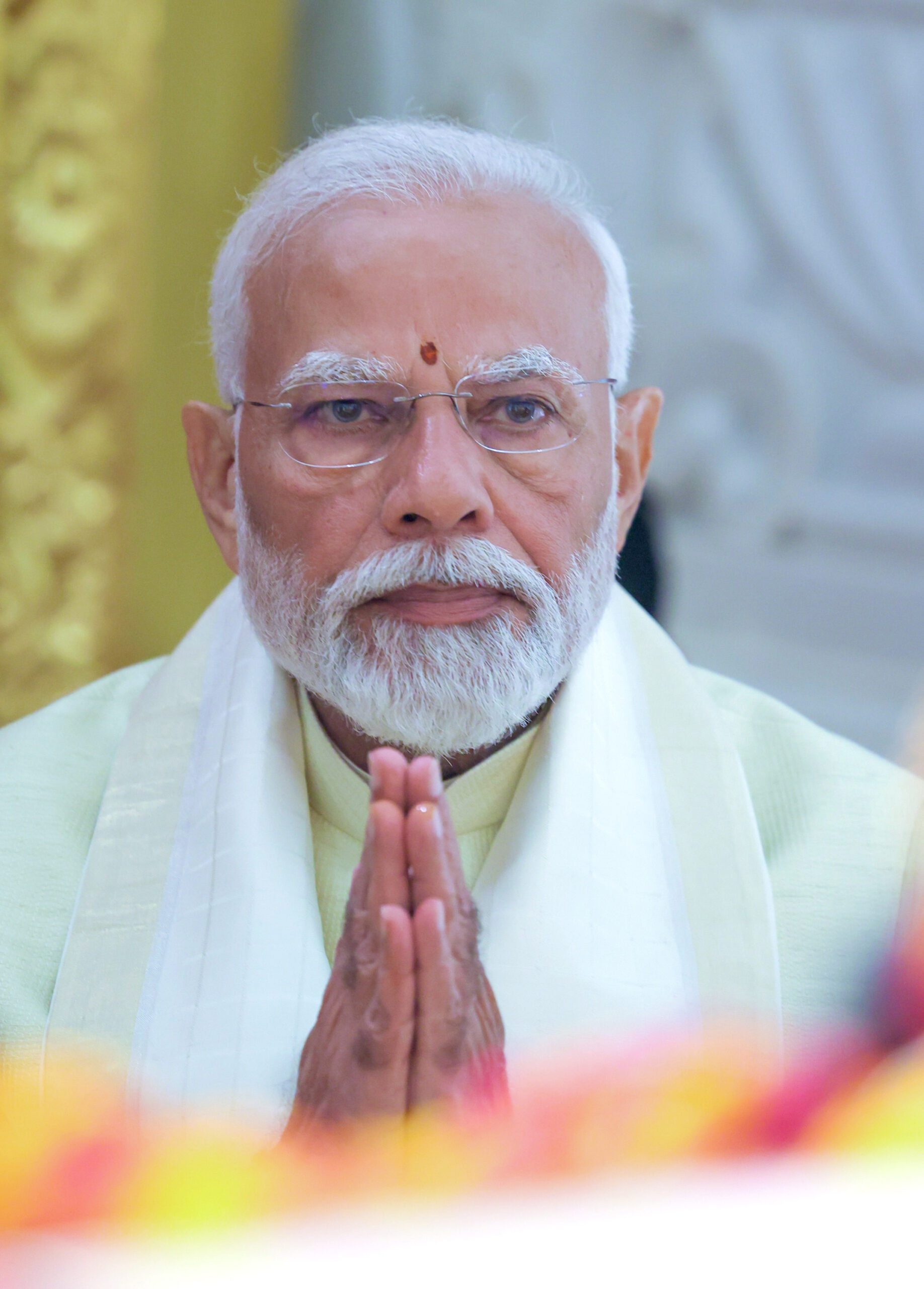New Delhi, [Special Desk]. Mahatma Gandhi’s non-violence movement was a major contributor to India’s fight for independence. But it is also true that many other heroes in the country have left no stone unturned in taking the iron from the British. Whether it is Shaheed-e-Azam Bhagat Singh or Chandrashekhar Azad, Subhash Chandra Bose and other revolutionary leaders. Another such leader was Khan Abdul Ghaffar Khan (Bacha Khan), whom Gandhiji’s friend named Frontier Gandhi.
Who was the Frontier Gandhi?
Frontier Gandhi i.e. Khan Abdul Gaffar Khan was born on February 6, 1890, while he died on 20 January 1988. He was a Pashtun leader and fought against the British with many other freedom fighters for freedom of India, he fought this war against the British. He became known as a religious and political leader. Like Mahatma Gandhi, he also considered the path of resistance through non-violence as the supreme one, perhaps it would have been the reason that a friend of Mahatma Gandhi gave him the nickname of Frontier Gandhi.
Excavation movement
Khan Abdul Gaffar Khan started excavation (Servant of God) movement in the year 1929. In the language of the common people, they were the rude posh. Khudai Khidmat Nagar was inspired by Gandhi’s non-violent movement. With the success of this movement the British ruler got scared and he fiercely abused Bacha Khan and his supporters.
Frontier Gandhi was against Partition
Abdul Gaffar Khan was totally against the partition of the country. They opposed the demand of separate Pakistan of All India Muslim League and when the Congress accepted the demand of Muslim League, on which he had said in sadness – ‘You have thrown us in front of the wolves.’ In June 1947, Khan Sahab and his digging Khidmatgar brought a Bannu resolution, demanding that instead of ivolving with Pakistan, separate countries for Pashtuns should be made in Pashtunistan. However, the British rejected his demand.
Great suffering in Pakistan
After the partition of India, when India and Pakistan separated separately, Khan Abdul Gaffar Khan went to Pakistan. But between 1948 and 1956, the Pakistani government arrested him several times. In 1956, the Pakistan government was working to create a big state by adding all the provinces of western Pakistan and stood against this step of the Khan Saheb Government. After this he arrested them. In the 1960-70s, he spent most of his time in jail or in exile. When he died in 1988, he was also the house arrest of Peshawar. According to his wish, he was buried in Jalalabad, Afghanistan after death.
That day of ‘Supurd-e-Khak’
The dead body of Khan Abdul Gaffar Khan was taken to Peshawar through the Khyber Pass to Jalalabad. Thousands of people gathered to give him final leave, but two bomb blasts made the impassable atmosphere even worse. These bomb blasts killed 15 people. It is also worth mentioning that there was a war between the Soviet Union’s Communist Army and the Mujahiddins at that time in Afghanistan. But while the delivery of Frontier Gandhi, Cease Fire was announced from both sides.






